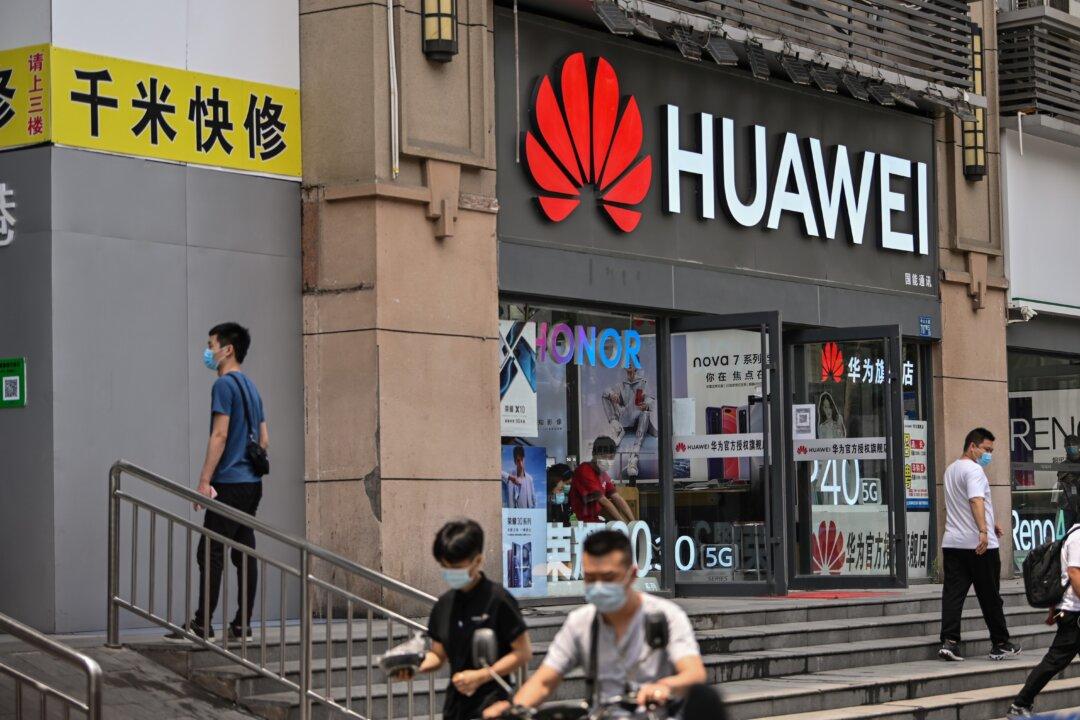WASHINGTON—The White House says it will strongly enforce a government-wide ban on purchasing any products or services from entities that use technology containing components manufactured by Chinese companies, as provisions of a law passed in 2018 come into force in August.
The Trump administration believes the robust implementation of the new rule is critical to combat the national security and intellectual property threats posed by Chinese technology providers including Huawei and ZTE Corp., according to a senior administration official.






